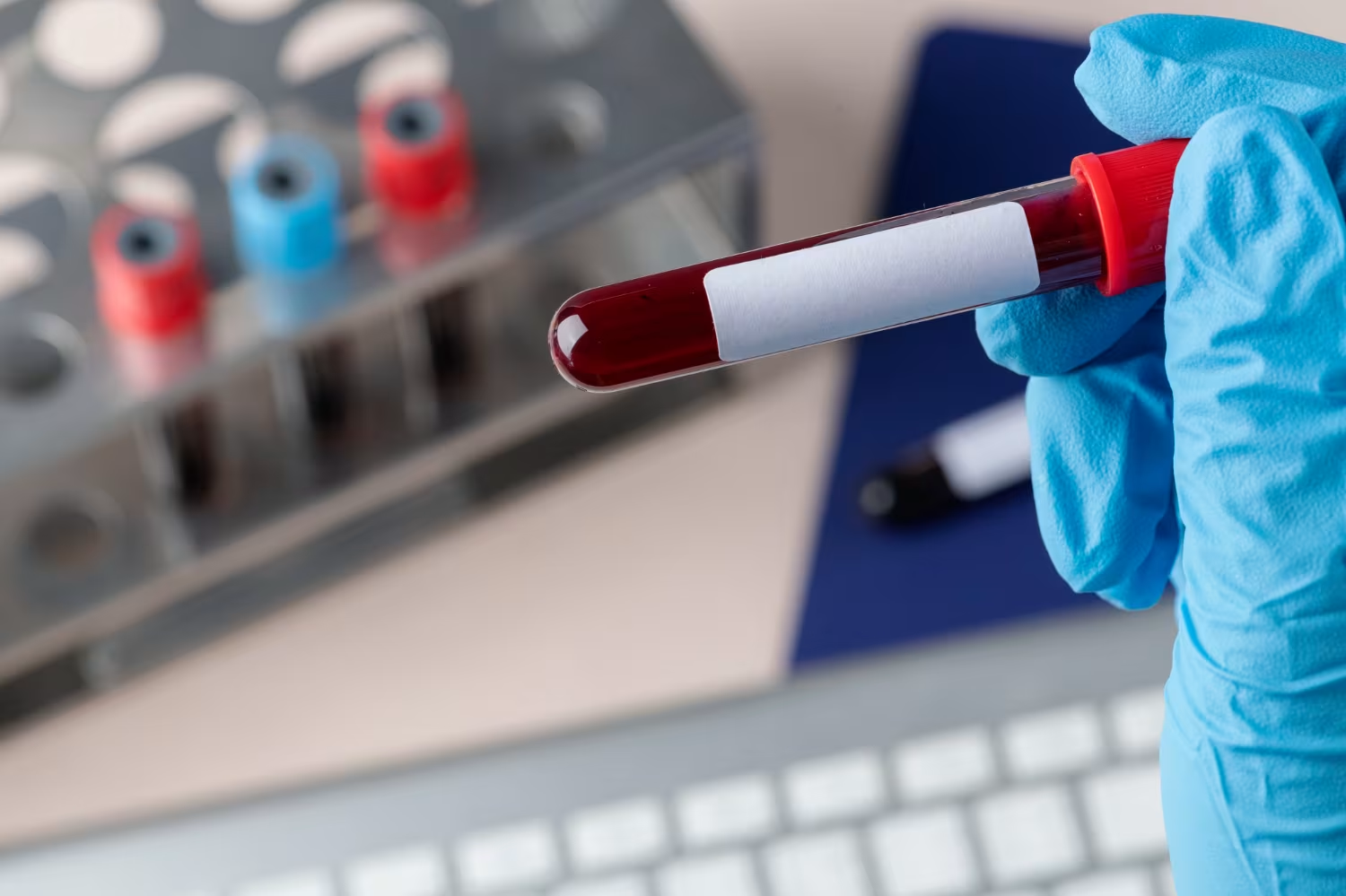
Blood tests are a fundamental part of any routine health check-up and are crucial for monitoring overall health and diagnosing diseases. Understanding your blood test results can empower you to manage your health proactively. This guide will help demystify your results, making understanding what they mean for your health easier.
Blood tests are used to determine physiological and biochemical states, such as disease, mineral content, drug effectiveness, and organ function. There are several common types of blood tests:
Each test has a specific purpose and provides crucial information about different aspects of the patient's health.
Understanding how to read your blood test report can seem daunting at first, but it’s simpler once you know what you're looking for:
Abnormal results might indicate an issue that requires further investigation or management:
If your results show any abnormalities, it is important to consult with a healthcare provider to determine the cause and necessary treatment.
Prepare for your consultation by writing down any questions you have about your results. It’s helpful to ask about any abnormalities and their implications, treatment options, and ways to improve your health through lifestyle changes. Regular check-ups and blood tests are vital for maintaining good health.
Understanding your blood test results is a powerful tool for managing your health. It enables you to take preventive measures and seek treatment when necessary. Remember, regular testing is crucial for early detection of potential health issues. If you’re looking for comprehensive health screening and personalised consultation services, our clinic is here to help.





